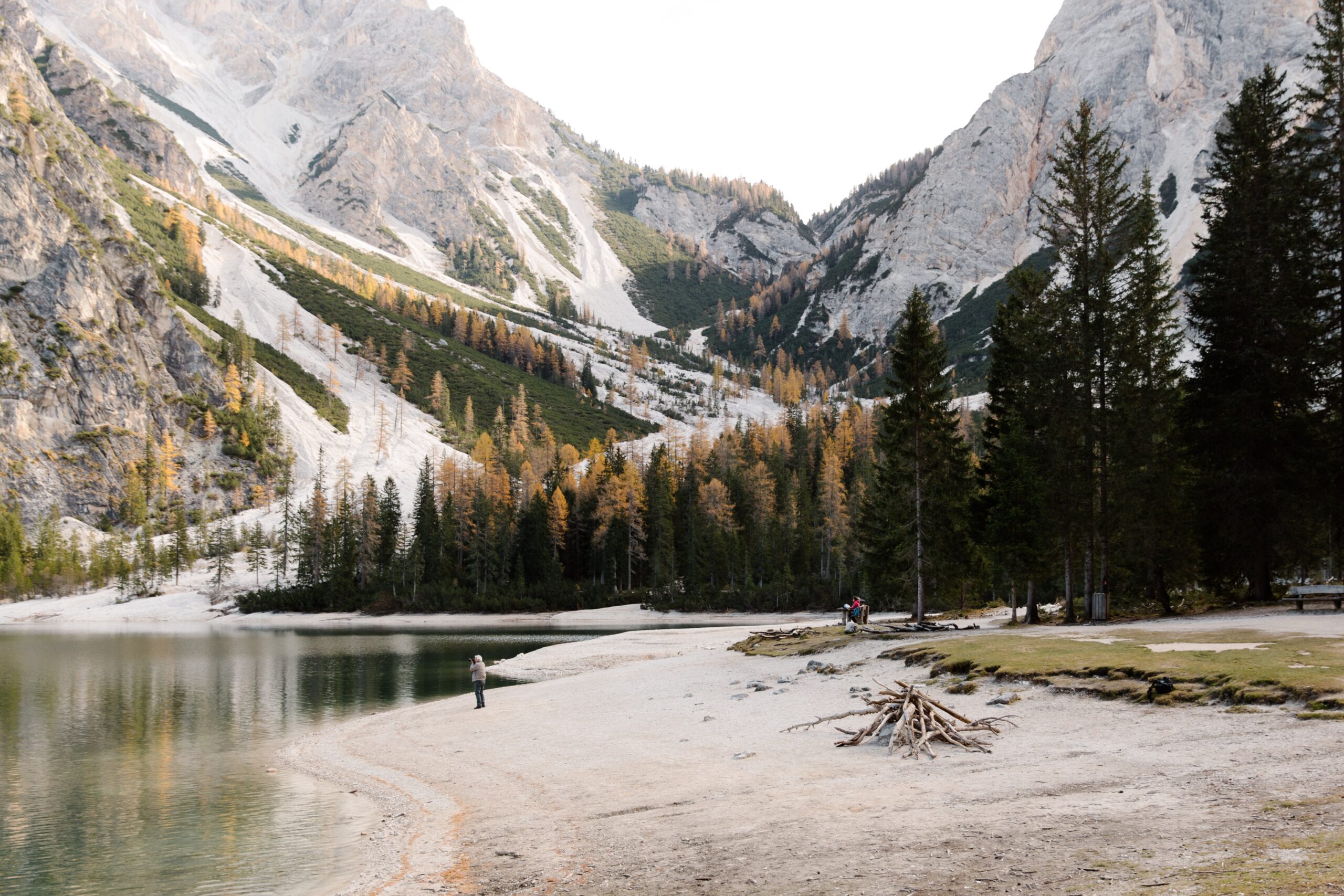A Guide to Being a Good Camper
Camping is a popular activity for people of all ages and backgrounds. It offers a chance to escape from the hustle and bustle of daily life and to reconnect with nature. However, it’s important to remember that camping is not just about having fun; it’s also about being a good camper and following basic etiquette rules to ensure that everyone has a positive experience.
First and foremost, it’s important to be respectful of your fellow campers. This means keeping noise levels down, especially during quiet hours, and packing out your trash. You should also be mindful of your campfire and make sure that it is contained and safe.
Another important rule of camping etiquette is to leave no trace. This means packing out all of your trash, including food scraps, and leaving the campsite as you found it. You should also be considerate of the environment by not disturbing wildlife, respecting private property, and disposing of human waste properly.
In addition to these basic rules, there are a number of other tips that can help make your camping trip more enjoyable for everyone. For example, it’s important to arrive and depart on time to minimize noise and disturbance for your fellow campers. You should also be aware of your surroundings, including other campers, wildlife, and potential hazards.
Being respectful of other campers’ property is also key. This means not cutting down trees, building structures, or leaving trash behind. It’s also important to dispose of waste properly, including human waste, pet waste, and food waste. And of course, you should always pack out what you pack in, including trash, food scraps, and firewood.
Finally, it’s important to be a good neighbor by being respectful of other campers’ space and privacy. This means keeping your noise levels down, not shining your flashlight in other people’s tents, and not intruding on other people’s campsites.
Camping Etiquette Tips:
- Be respectful of your fellow campers. This means keeping noise levels down, packing out your trash, and being mindful of your campfire.
- Leave no trace. This means packing out all of your trash, including food scraps, and leaving the campsite as you found it.
- Be considerate of the environment. This means not disturbing wildlife, respecting private property, and disposing of human waste properly.
- Be prepared. This means having the right gear, knowing the weather forecast, and being aware of your surroundings.
- Be safe. This means following all safety guidelines, including fire safety and wildlife safety.
- Arrive and depart on time. This will help to minimize noise and disturbance for your fellow campers.
- Be aware of your surroundings. This includes being aware of other campers, wildlife, and potential hazards.
- Be respectful of other campers’ property. This includes not cutting down trees, building structures, or leaving trash behind.
- Be quiet during quiet hours. This is usually from 10pm to 7am.
- Dispose of waste properly. This includes human waste, pet waste, and food waste.
- Pack out what you pack in. This includes trash, food scraps, and firewood.
- Be a good neighbor. This means being respectful of other campers’ space and privacy.
- Have fun! Camping is a great way to enjoy the outdoors and spend time with family and friends. So relax, have fun, and enjoy the experience!
The Wrap
In conclusion, following basic camping etiquette rules is essential for a safe and enjoyable camping experience. By being respectful of your fellow campers, leaving no trace, being considerate of the environment, being prepared, being safe, arriving and departing on time, being aware of your surroundings, respecting other campers’ property, disposing of waste properly, packing out what you pack in, and being a good neighbor, you can help ensure that everyone has a positive experience. So don’t forget to relax, have fun, and enjoy the great outdoors!
